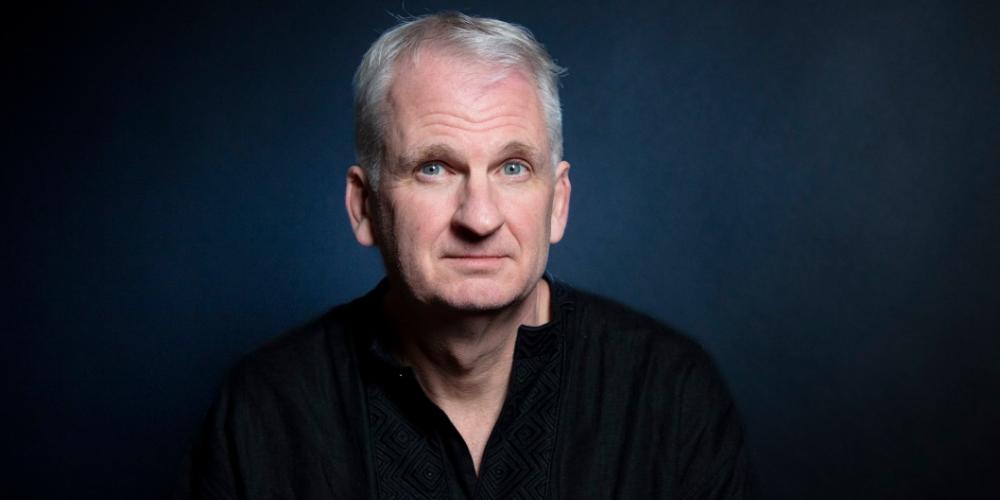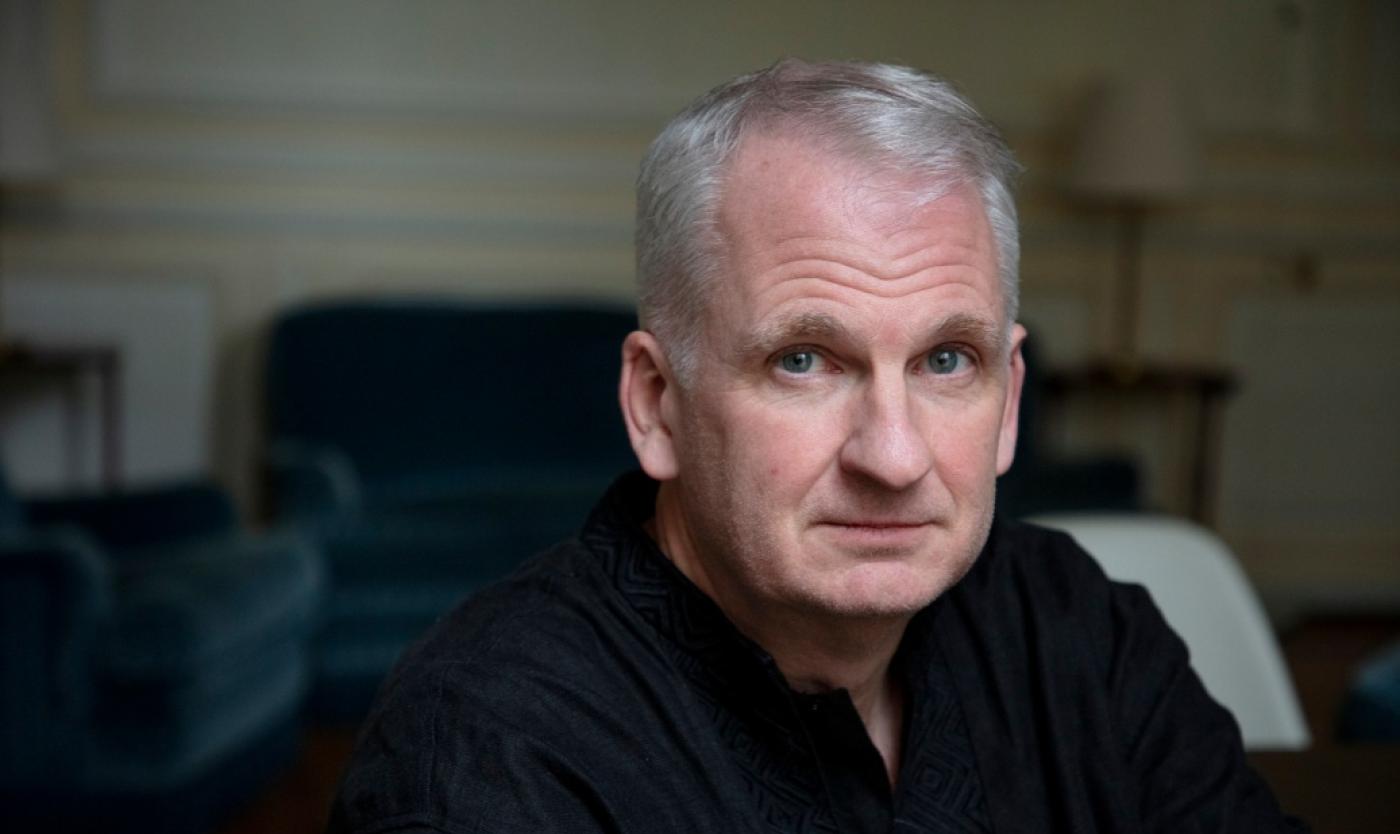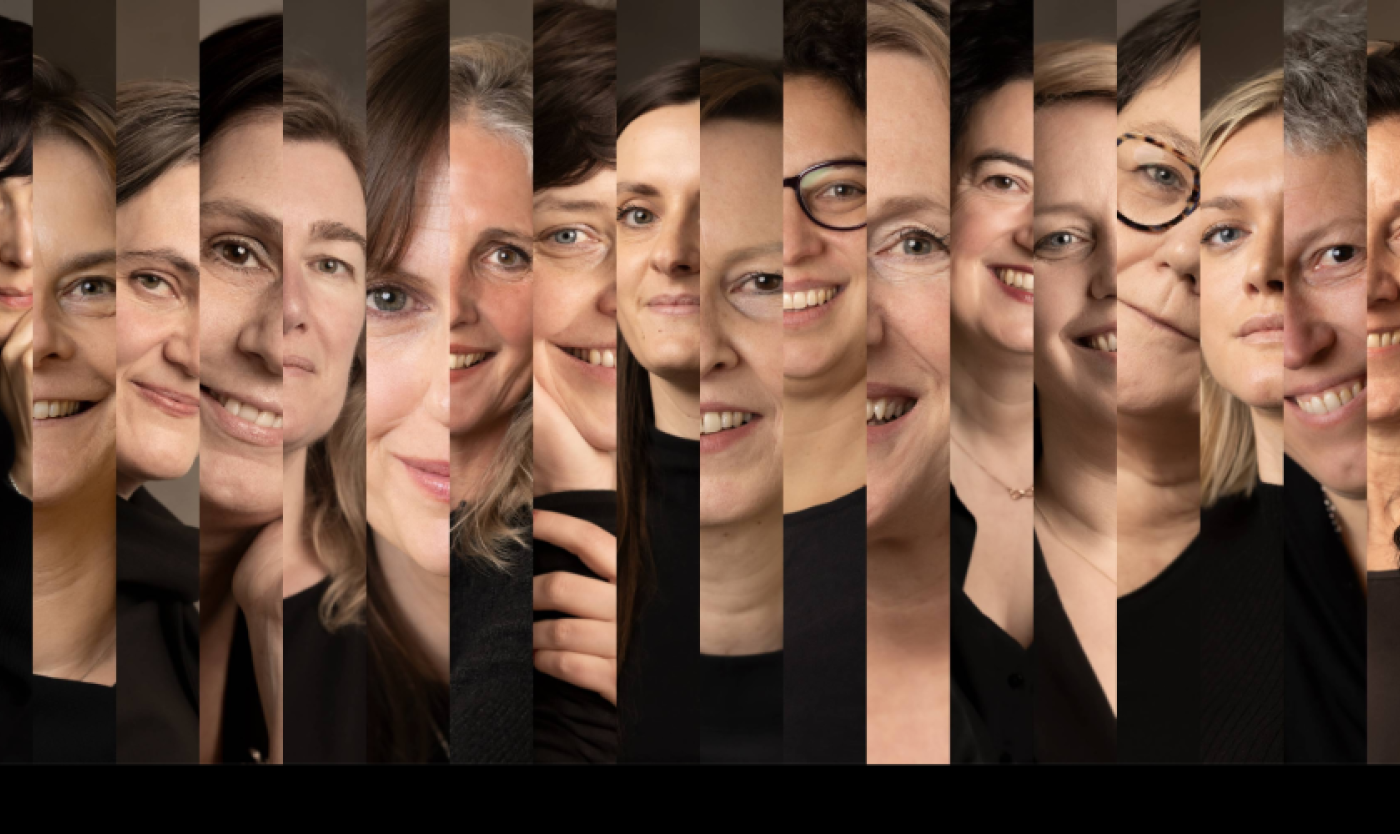
On 16 January 2026, the Vrije Universiteit Brussel (VUB) and BOZAR, with the support of the Hannah Arendt Institute, will welcome the internationally renowned historian and author Timothy Snyder for a lecture on freedom. “What does it mean to be free, and how do we protect that freedom in a changing world?”—a question that feels more urgent today than ever. With this initiative, the university underlines its humanistic values and its commitment to free thinking and social responsibility.
Snyder is known for his in-depth analyses of twentieth-century political history and the dangers of authoritarianism in the modern era. Following the urgent On Tyranny (2017), he returned with On Freedom (2024), a book that reminds us that freedom is never merely the absence of constraints. Freedom is relational: something we must practise, share, and defend together.
How can we understand freedom, not only as a right but also as a responsibility? What can the past teach us about resisting the decline of democracy? At BOZAR, Timothy Snyder will discuss these questions with Belgian historian Pieter Lagrou (ULB), exploring not only history but also the choices we all face today.
Practical information
- When: Friday, 16 January 2026 – 8:00 pm to 10:00 pm
- Where: BOZAR – Palace of Fine Arts – Henri Le Boeuf Hall
Ravensteinstraat 23
1000 Brussels - Price: €10 – €14
The event is a co-production of VUB & BOZAR, with the valued support of the Hannah Arendt Institute. It is part of VUB’s series Ties That Bind Us and BOZAR’s series Writers and Thinkers.
About Timothy Snyder
Timothy Snyder holds the inaugural Temerty Chair in Modern European History at the Munk School of Global Affairs and Public Policy, University of Toronto. He is also a permanent fellow at the Institute for Human Sciences in Vienna and chair of the academic advisory board of the Ukrainian History Global Initiative.
Snyder is an expert on the history of Central Europe, Ukraine, the Soviet Union, and the Holocaust. He speaks five and reads ten European languages, and is the author or editor of twenty books, translated into forty languages. He regularly writes on Ukraine, the United States, authoritarianism, digital politics, health, and education. He has appeared in documentaries and on television, and has served as an expert for several parliaments. He has been honoured with state orders, honorary doctorates, and other awards.
His work has inspired artists and citizens alike—from demonstrations to sculptures, posters, punk rock, rap, film, theatre, and even an opera.

This event is part of the Ties That Bind Us series.
About Ties That Bind Us: transcultural perspectives on social forms
A cross-disciplinary series organised at the Faculty of Languages and Humanities for VUB’s Public Programme
The impact of global and geopolitical crises on European societies is widely felt. Common reactions to these are a growing societal divide and a rise in anti-democratic positions. The public imaginary is rife with a rhetoric dominated by the erection of walls, the demarcation of territory and claims of ownership. Crushed between polarised camps are vulnerable members of our societies – and thus humanity itself. Individuals with their complex identities are categorised into groups whose belonging, right to existence even, is called into question. Understanding the realities of diversity and change as given, the series “Ties that Bind Us” seeks to create a platform for a wide range of perspectives, life experiences and cultures of knowledge about forms of kinship, solidarity and conviviality – or, in other words, a counter-imaginary space to an increasingly widespread, yet dangerously reductive binary thinking.
The world needs you
This initiative is part of VUB's public programme, a programme for everyone who believes that scientific knowledge, critical thinking and dialogue are an important first step to create impact in the world.
As an Urban Engaged University, VUB aims to be a driver of change in the world. With our academic edcuational programmes and innovative research, we contribute to the Sustainable Development Goals of the United Nations and to making a difference locally and globally.
